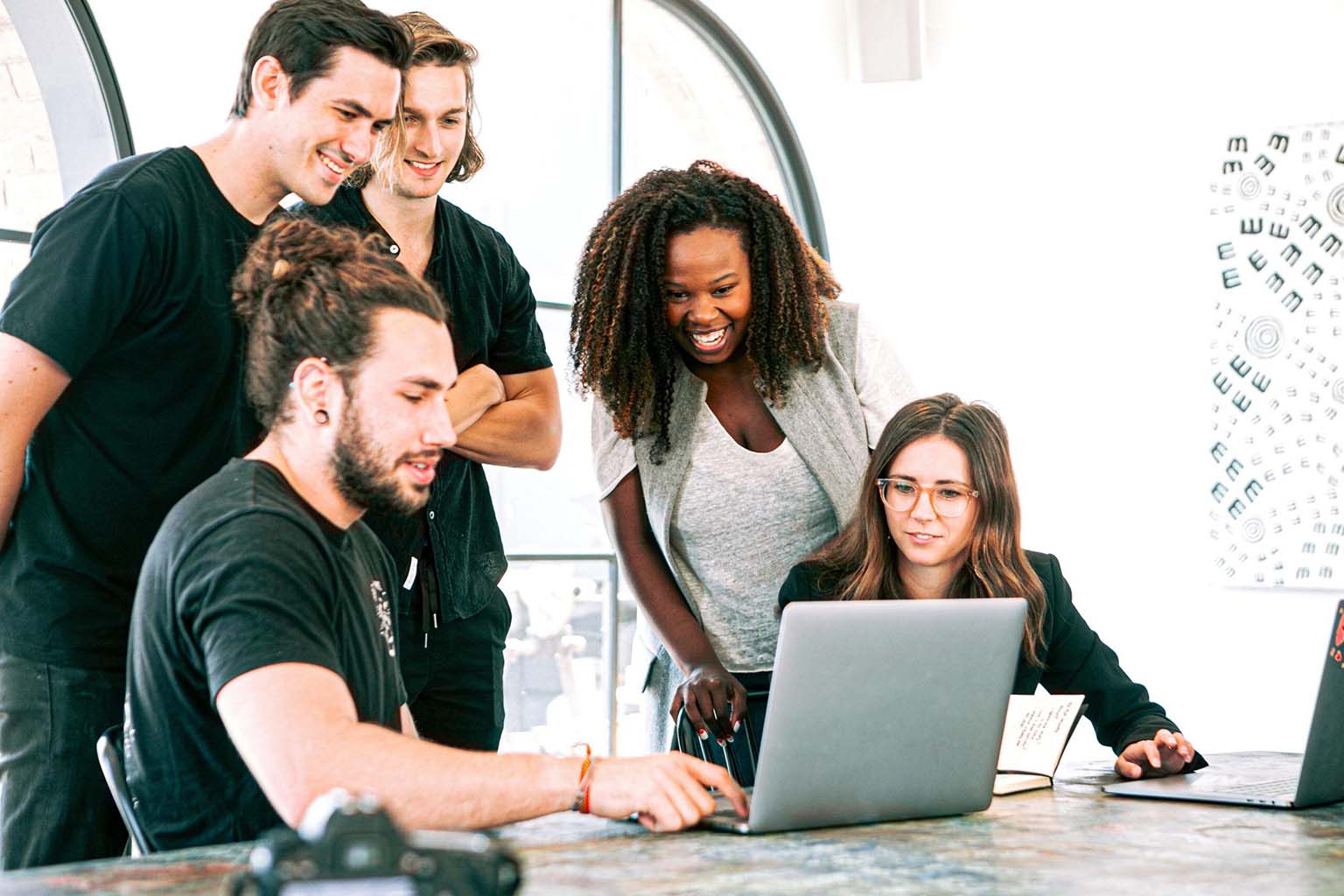
The headline might sound like a line from an American gangster movie, but it’s actually a quote originating in Iceland’s Westfjords. And the phrase is as relevant to the challenging Icelandic environment as it is to the workplace. Positive relationships at work can make or break a job.
First, let me explain a little about the origins of this wonderful Icelandic phrase. The quote is attributed to local musician, Mugison, who decided to start a festival in 2004. It was an unlikely endeavour in the small town of Ísafjörður with its 3,800 inhabitants.
Today the phrase is used as a figure of speech when you are humbly distributing credit for something you didn´t do alone. At the same time there is an implied “matter of factness” about the phrase. There is an acknowledgement that nothing worthwhile can be achieved alone. It captures a culture going back hundreds of years. Fishermen from the age of 12 risked their lives in open boats, blistering colds and treacherous seas to put food on the table. In the 1950s, 168 sailors were lost to the ocean. That’ a heavy count for towns and villages of typically 500 to 5000 people. In such a challenging environment you won’t survive on your own, no matter how much you might want to.
Interestingly, the same goes for the modern workplace. Consider the evolution of decision-making. As the world gets more and more complex, humans have a tendency to think that more brains equal better solutions. We shifted from anarchy to tribalism to autocracy to monarchy to democracy to sociocracy etc. … you get the drift.
The role of positive relationships in complex times
We are now living the most complex times in human history. It’s something many experience in their day-today working lives. And while the vast majority of us aren’t on open boats, in blisteringly cold winds and treacherous waters, we are finding it tough. The mental and emotional toll of working life today can be seen in what has been dubbed ‘The Great Resignation’. According to Microsoft’s Work Trend Index (The Next Great Disruption Is Hybrid Work—Are We Ready?, n.d.), a whopping 41% of the global workforce intending to leave their employer in 2022.
It hardly matters where you work, but if you work, you are dependent on someone else to deliver something and someone else is dependent on your work. In other words, you don´t accomplish s**t alone. And that’s where we get into the shifting waters of positive relationships at work. Most of us recognise that workplace relationships can make or break a job.
The nine ways of relating at work
I’ve always been interested in how people relate to each other, especially in the workplace. We at Complete think there are nine key ways of relating that are important in the modern workplace. Each way has a positive impact on you and your performance if they are present. As you read them, think about how they relate to you and your workplace.
- Who do you go to for information?
- Who do you go to for collaboration?
- Who do you go to that secures faster progress or helps you get things done faster?
- Who energises you?
- Who do you trust for sensitive information or thoughts?
- Who do you go to for support when times are tough?
- Who stretches your thinking?
- Who gives you guidance when you need to make big decisions?
- Who actively supports your development in your place of work?
The names of people that occur to you as you answer these questions reveal both your key working relationships and their nature. Interestingly you can examine answers to these questions for a whole organisation in Organisational Network Analysis, but that’s a topic for another day.
Energy is the key determinant of work relationships
These ways of relating are all important for different reasons, but one has heightened importance in today’s world, and that’s energy. Energy has different definitions depending on the academic discipline, but in self-determination theory it is defined as the “sense of being full of life, excited and positive”(Spreitzer et al., 2012).
Positive energy is also positively correlated with better mental health. In the workplace too, it’s important. Research shows that people who experience positive energy and a sense of “forward momentum” (i.e. development) in the workplace have greater wellbeing. Furthermore, a 2021Workplace Happiness Report by Forrester Consulting (Keiling, 2021) asked what makes people happy at work. The number one answer was “feeling energised”.
So, if you want to experience wellbeing at work or keep people from leaving your business, start with positive workplace relationships. The energetic imprint you have on others and that others have on you can be hugely impactful.